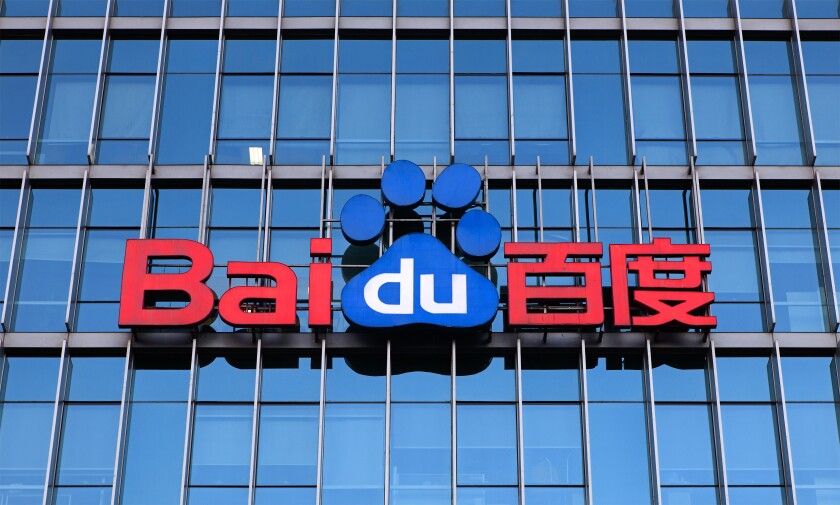Chinese technology companies have been hit with a barrage of negative news in recent weeks, causing their stocks to tumble. Equity investors may be turning cold on the embattled sector, but there are still opportunities.
Last week, the State Administration of Market Regulation (SAMR) released draft rules that are supposed to stop unfair competition among internet companies by regulating data usage, among other practices.
The latest development came after China, largely through the SAMR, has already been scrutinising internet companies for antitrust violations. Earlier this year, Alibaba Group Holding was forced to pay a $2.8bn fine after regulators conducted an anti-monopoly investigation. The country is also clamping down on data security violations and what it sees as the "disorderly expansion of capital”. As an example of the latter, Ant Group, a financial technology company under Alibaba, was forced to suspend its landmark IPO last November.
The widening crackdown on China’s technology related companies — which had until recently been allowed to thrive — has naturally hit the firms hard, as investors flee the sector and drive their stocks to new lows.
For instance, the Nasdaq Golden Dragon China index, which tracks Chinese tech stocks listed in New York, has tumbled 33% year to date, and is lower by 19.3% in the past one-year period.
While Chinese tech stocks may be a no-go for the time being — until more clarity emerges on future actions against the industry by the government — China tech’s performance in the debt market shows a different story.
Just look at the Baidu transaction from last week. The Chinese internet company, which carries a A3/—/A rating, sold a $300m 1.625% 2027 bond and a $700m 2.375% 2031 note with negative new issue concessions. The order book for the SEC-registered sustainability trade surpassed $6bn during the day. Its success came despite Baidu's Hong Kong-listed stocks having dropped 46% between the start of the year and the bonds' pricing, and China announcing additional antitrust regulations the day before Baidu's deal was launched.
Baidu's other dollar notes are all trading above par in the secondary market too, according to Bondsupermart.
That is encouraging. The pipeline for new bonds in general is limited, as the summer holidays and first half reporting season wrap up. Tencent Holdings and Alibaba both sold bonds earlier this year and are unlikely to return offshore before the end of 2021.
But other technology companies looking to visit the dollar bond market may very well find a receptive audience.
Part of the appeal of bonds versus stocks is the nature of the bond investment. These transactions offer long term value for buy and hold investors. After all, technology is still a key sector for China, and its importance is unlikely to go away in the coming years.
The concerns surrounding technology companies are based on both the arguably draconian measures being announced by China, as well as the uncertainty around the regulations. Uncertainty can drive huge price swings in stocks as investors have knee jerk reactions.
But bonds may offer more safety, as their price moves are less severe. The way the general market in Asia is looking right now, yield hungry investors are keen to ignore politics and headline noise for the right credit at the right price.
Transparency, of course, will be key on the part of borrowers.
Baidu informed investors during its roadshow that it was still not clear on how it would be impacted and if or when additional restrictions could be announced. Baidu's openness on the matter was a smart move.
While investors will still react as they see fit, and based on their own expectations and understanding of China's regulators, the technology companies also need to be offering the market regular, clear communication to provide as much comfort as possible. That will go some way in pushing investors to think of the long-term picture of the market.
Of course, the stocks and bonds of technology firms do not offer apples-to- apples comparisons. Chinese technology names will still be untouchable for some investors. But China's latest regulations do not spell the end of China tech in the capital markets. Equity investors may have to take a back seat for the time being, but value remains for bond investors considering the sector.

